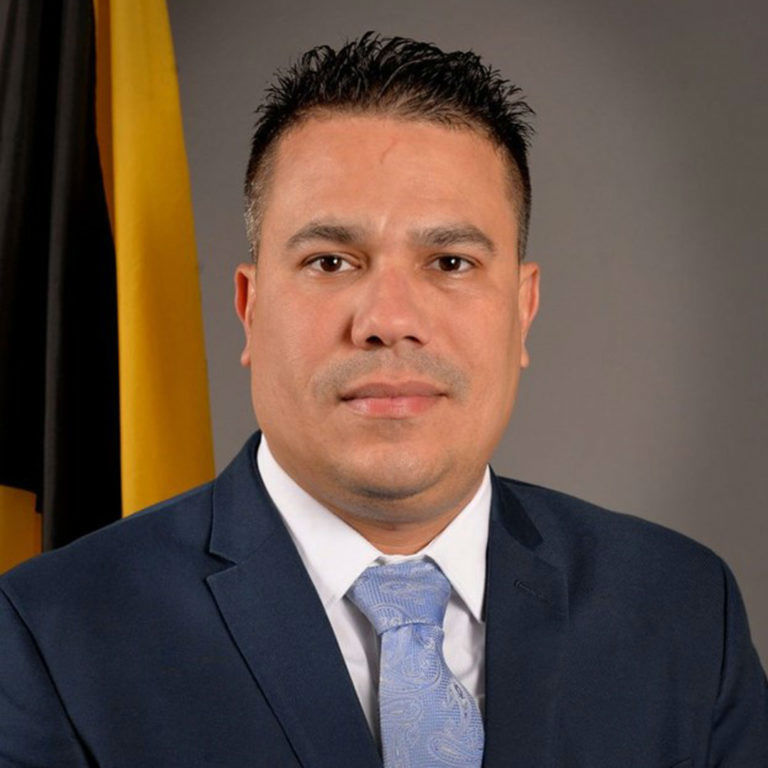Message of Senator the Honourable Matthew Samuda Minister Without Portfolio MEGJC for World Wetlands Day
Jamaica is pleased to join countries around the globe in observing World Wetlands Day, which is celebrated on February 2 each year, with the aim of raising awareness about the importance of wetlands. The day also marks the 51st anniversary of the Convention on Wetlands of International Importance, especially as Waterfowl Habitats, commonly referred to as the RAMSAR Convention, which was adopted as an international treaty in 1971. Jamaica became Party to the Convention on October 7, 1997.
This year’s theme, “Wetlands: Action for People and Nature” underscores the connection between the quality of our lives and the preservation of our wetlands.
Wetlands provide many ecosystem services. They catch and store rainwater, refill underground reserves and protect them from saltwater intrusion. They are also repositories for biodiversity, being extremely rich in plant and animal life, and support various food webs. Wetlands support sustainable livelihoods and are also important in climate change adaptation and mitigation.
Here in Jamaica, four of our wetlands have been designated Wetlands of International Importance under the Ramsar Convention on Wetlands.
They are the Black River Lower Morass in St. Elizabeth; Palisadoes-Port Royal in Kingston; the Mason River Protected Area and Bird Sanctuary in Clarendon and the Portland Bight Wetlands and Cays in Clarendon and St. Catherine.
Other important wetlands include the Negril Morass in Westmoreland; Great Salt Pond in St. Catherine; the Canoe Valley and Salt River Swamp in Clarendon and the Cabarita Swamp in Westmoreland.
The Black River Lower Morass which is also a Game Reserve under law, is one of the largest freshwater ecosystems in Jamaica and the wider English-speaking Caribbean. It is home to several species of plants and animals including the endangered American crocodile, the Hawksbill turtle and the West Indian manatee.
It should be noted that the Black River Lower Morass is included in the area to be declared the Black River Protected Area under the Natural Resources Conservation Authority Act, 1991.
The area is a source of income for local communities that use it for cane farming, fisheries, timber harvesting, charcoal production, and pastureland during the dry season.
However, as in the case of climate change, it is once again the man-made impacts that are affecting our wetlands, with urban development, open burning, and drainage of some areas for agricultural purposes being the most common offenders.
Protecting our wetlands, and their biodiversity will require a comprehensive effort by the Government, the private sector, civil society and citizens.
We must all adopt an “each one teach one” attitude to protecting our environment, and so this World Wetlands Day, I urge all Jamaicans to value our wetlands, manage them wisely and use them sustainable and do your part in restoring lost and degraded wetlands.


